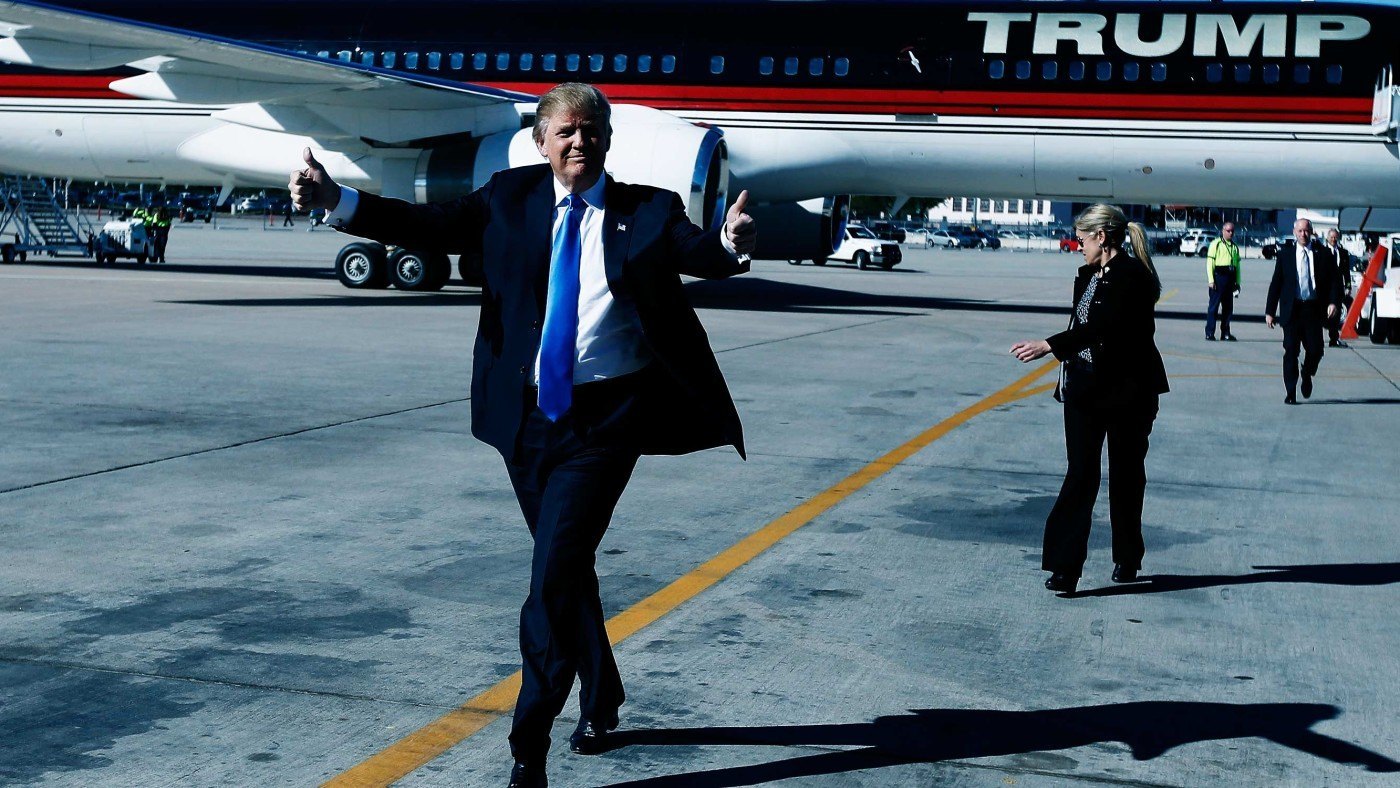Another day, another deliberately provocative stunt from Donald Trump.
Last week, Trump shocked capitalists and free trade advocates by calling for a 45% tax on goods imported from China. In a terrific piece for CapX, Zac Tate analysed the nuances of trade tariffs, and concluded that a blanket 45% tariff would harm US industries and consumers far more than it would protect them.
Today, Trump has moved on to slamming the NFL for its emphasis on safety: “football has become soft like our country has become soft”. There has been a predictable wave of outrage over this demand for more violent collisions, and the whole trade issue has been forgotten, at least for now.
Economists, however, are not so easily distracted. This morning, Ben White at Politico ran an analysis of Trump’s economic agenda from the perspective of experts, including the chief economist for Moody’s Analytics, a professor at the University of Michigan at Flint, and the chief economist at Stifel Nicolaus. Their verdict is unanimous: Trump either does not understand or does not care about economics, and if his policies are enacted, the US would face a spike in unemployment and a major economic downturn.
For a start, his promise to deport 11 million undocumented immigrants would cripple US industries and hit the very Americans such a policy is meant to help. The US is almost at full employment, so eliminating millions of workers would result in a sudden mass of unfilled positions, which means higher prices and lower GDP. It would also mean cutting the market for goods and services, and making it much harder for small businesses to stay afloat.
While it might be tempting to imagine that eradicating the competition would help US workers, the exact opposite is true. Any economics student would be able to tell you that if you want your economy to grow, slashing your workforce is exactly the wrong way to go about it.
The same applies to Trump’s bizarre comments on trade. As Mark J. Perry explains, his import tariff “would be actually be a tax on American consumers”. Again, the low-income Americans an import tax would supposedly benefit are the same people who would suddenly be unable to afford ordinary goods such as clothes and electronics.
But a tax on Chinese imports would hit US industries as well as consumers. If US companies find the cost of their raw materials and components has suddenly increased by 45%, that’s going to be reflected in the prices they charge and the profit they make. Don’t expect a sudden rush to hire new staff (especially when workers are going to cost more thanks to the immigration drain).
We don’t have to imagine what an economy with high import tariffs would look like – unfortunately we have some stark real life examples. Take Brazil, which has an average duty rate of 22.66%, less than half of what Trump is proposing. (In comparison, the current US average is 5.63%.) By Trump’s logic, such a rate should protect Brazilian industry. In reality, this coddling has diminished the efficiency and quality of Brazilian products, with the result that Brazil can no longer compete on the world stage. In addition, the inefficiency of domestic industry means companies in sectors such as electronics have to import supplies from abroad, raising their costs. And that’s without factoring in the price added by the layers of bureaucracy.
In short, if you’re wondering why you’ll pay more for a poorly-manufactured computer in Brazil than you would for a state-of-the-art one in the US, trade restrictions play a large role.
That’s not to say that US enterprise would deteriorate to Brazilian levels of inefficiency if Trump happened to win the White House. But his throwaway comments about China reveal a startling misconception of how the economy works. US businesses need cheap materials and components from China to make the phenomenally successful products they’re famous for. They also need a large labour pool to make them, and a diverse market of consumers who can afford to buy them. Trump’s economy policies would undermine all of this, and for what? The chance to say that the US is ‘winning’ against China and immigration.
It’s almost like he wants to blow up the US economy for the sake of entertainment. Just like head-on collisions apparently make better American football.


